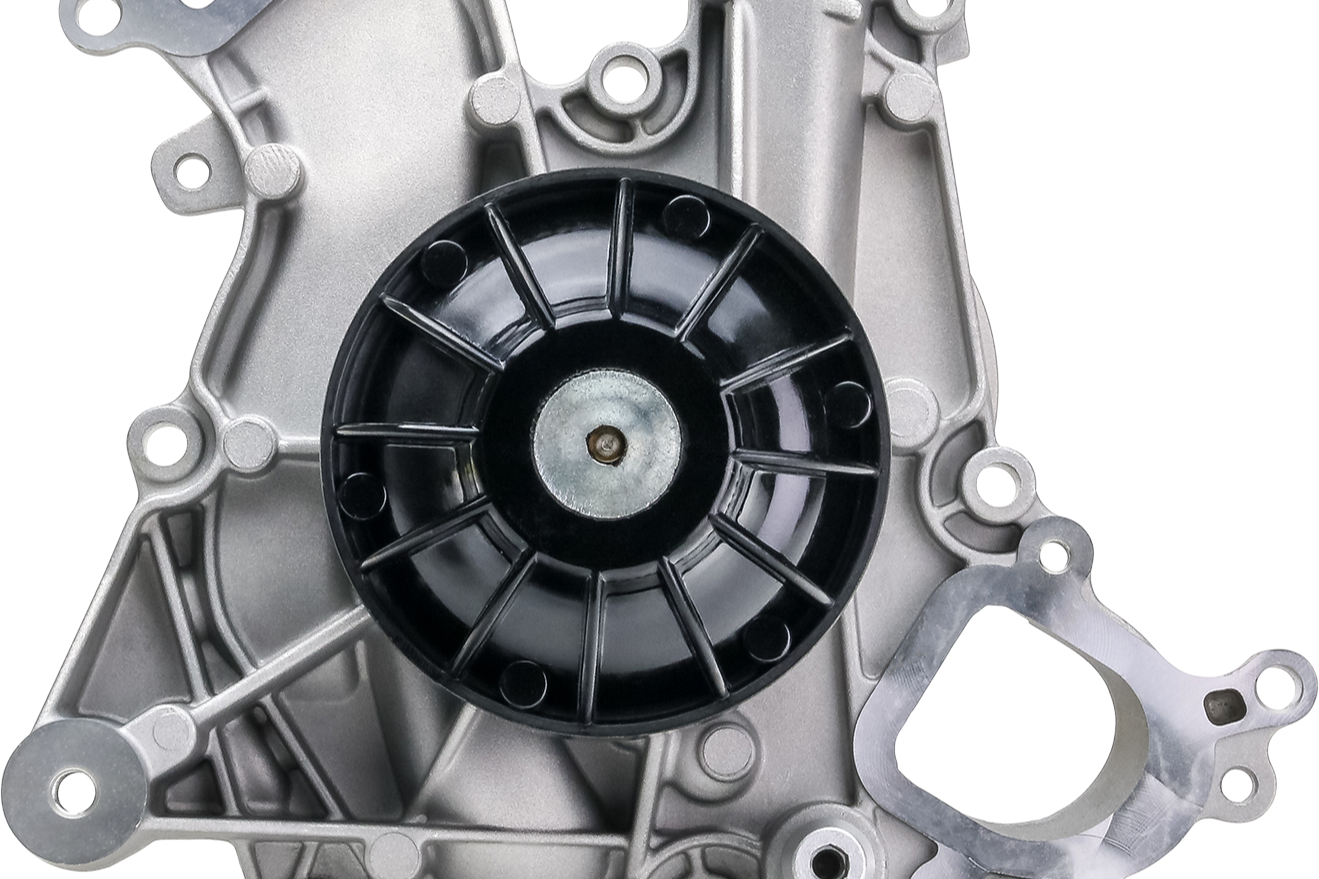First Line urges workshops to keep their cool with smarter winter maintenance
With another winter approaching, First Line is urging workshops and motor factors to help drivers protect one of the most overlooked, yet vital, systems in modern vehicles: the cooling system.
Far from being just a summertime concern, cooling system health is critical in colder months, particularly as newer engines run at hotter temperatures and therefore demand more precise temperature regulation.
“Winter places unique stresses on engine components,” explains Kelvin Olds, Product Director at First Line Ltd. “Coolant flow, thermal regulation and part resilience all come under pressure.”
Cooling-related breakdowns remain one of the most common causes of winter roadside assistance callouts, especially in sub-zero regions. But many of these issues can be avoided through timely part replacements instead of waiting until they fail which can result in further damage.
Key components to watch
At the heart of the system lies the thermostat, responsible for regulating engine temperature by controlling coolant flow. A sticking or slow-reacting thermostat – often caused by corrosion, age or debris – can prevent the engine from reaching optimal temperature or cause it to overheat, both of which negatively affect fuel economy and performance. First Line advises checking for signs of malfunction and replacing early if issues are detected.
Water Pumps, meanwhile, play a critical role in circulating coolant throughout the engine. Leaks, bearing wear or impeller damage are common issues as the vehicle’s age – and colder temperatures can accelerate deterioration.
Technicians are also advised to inspect coolant hoses thoroughly. As temperatures drop, rubber components can become brittle and prone to cracking. Paying close attention to joins, clamps and any visible deterioration is essential to prevent coolant loss and pressure drops – both of which can lead to rapid engine overheating.
Additionally, the condition of the coolant should not be ignored. It’s not simply about topping up; it is essentially to use the correct coolant mix for the climate and to inspect for signs of contamination or discoloration is essential. With many modern vehicles using long-life OAT or HOAT formulas, compatibility and replacement intervals must be observed.
Raising the bar in preventative maintenance
First Line’s recommendation is rooted in prevention, not reaction, with many vehicle owners holding on to cars for longer, and the average vehicle age in the UK rising, it’s more important than ever that service intervals include proper cooling system health checks.
Olds adds: “A failed Water Pump or thermostat in winter doesn’t just cause inconvenience – it can lead to major engine failure.”
With cold-weather breakdowns on the rise and drivers expecting more from their vehicles, First Line is encouraging garages to use every winter service as an opportunity to inspect and advise.
“A vehicle’s cooling system works hard all year round, but in winter, it’s under even more pressure,” Olds concludes. “A few small checks, and the use of high-quality replacement components, can be the difference between smooth motoring and a stranded vehicle.”

